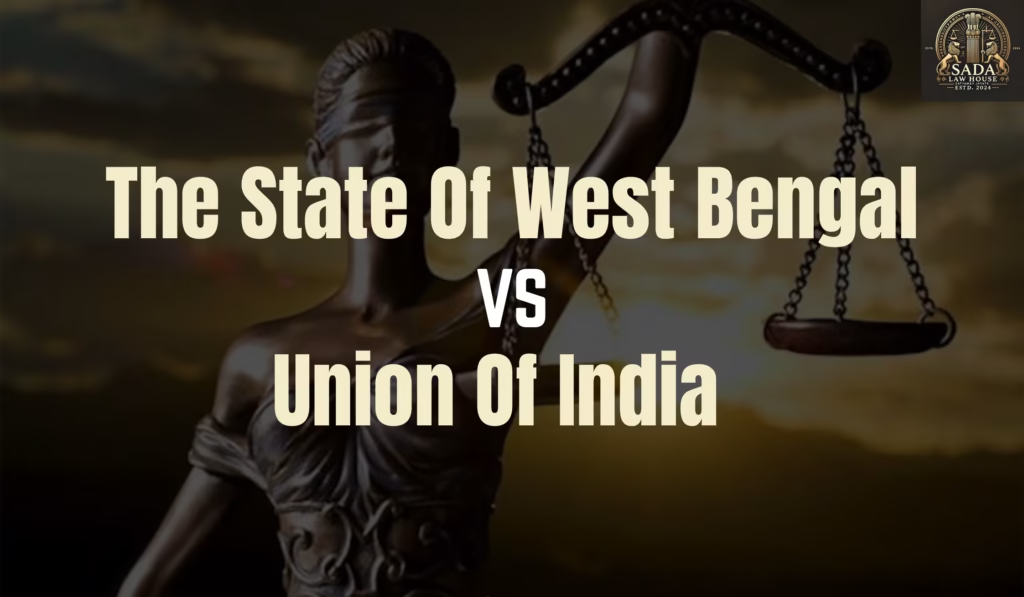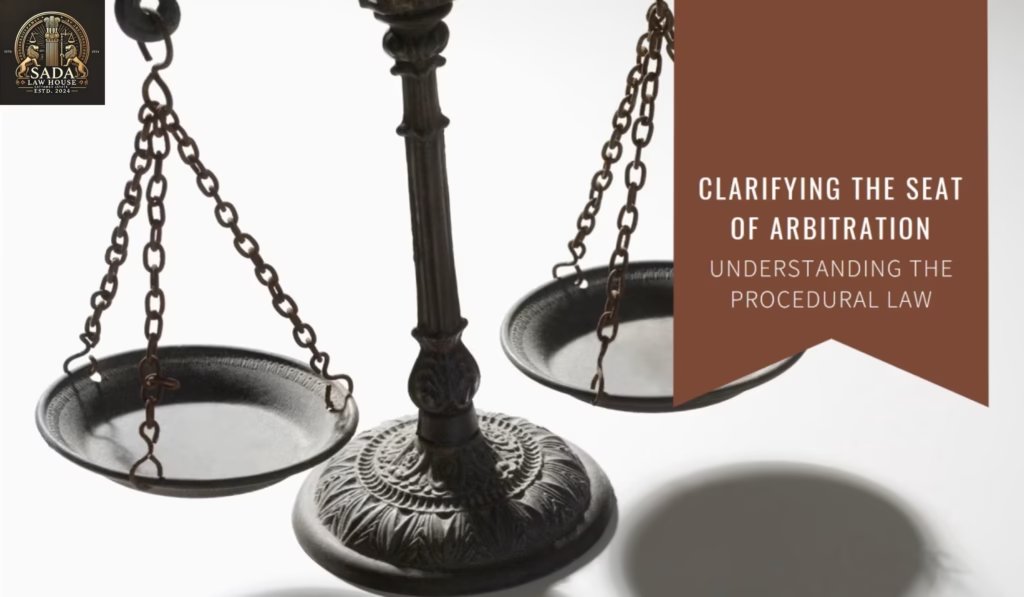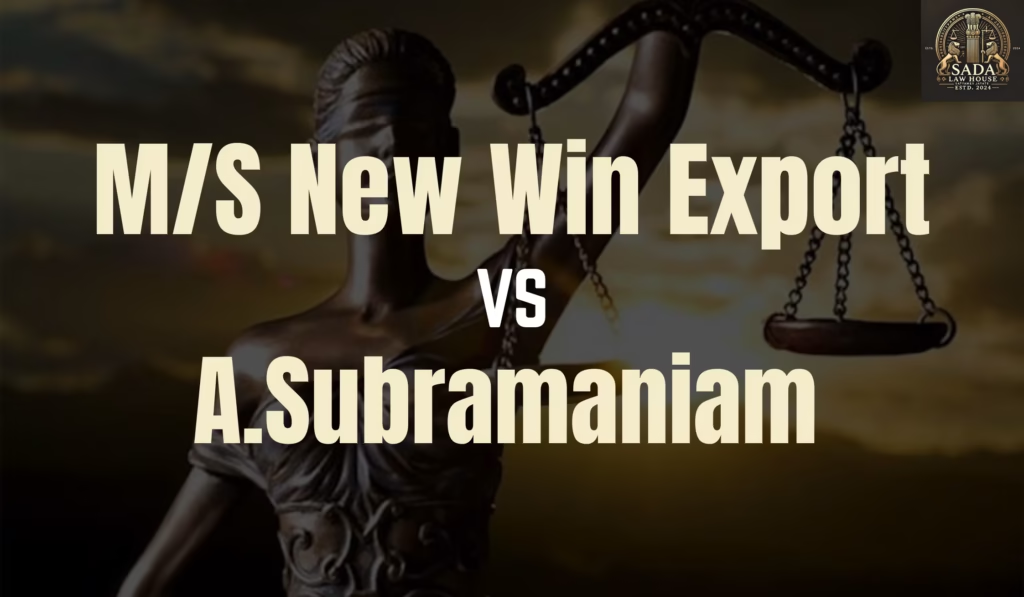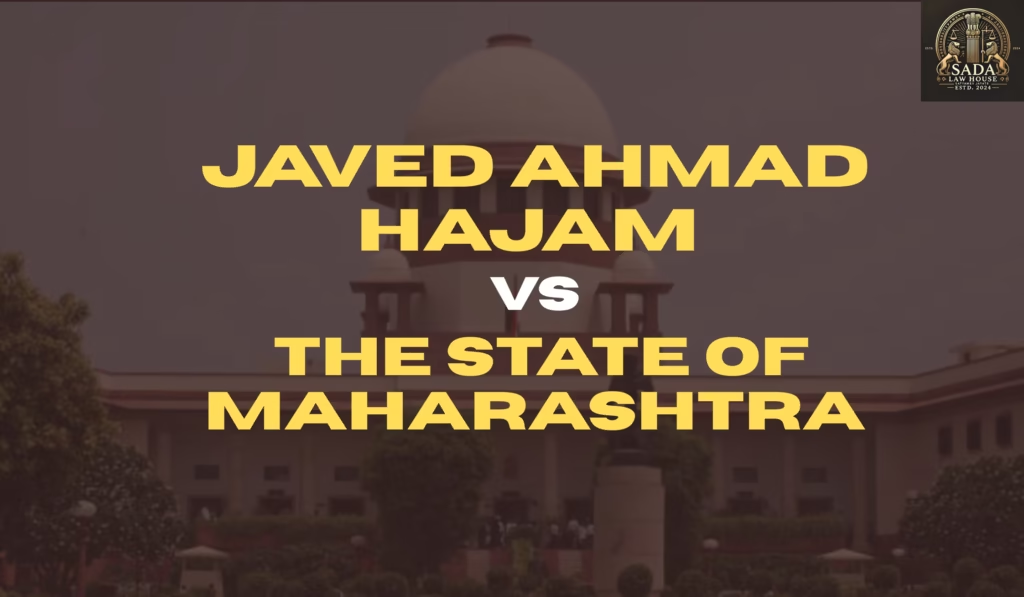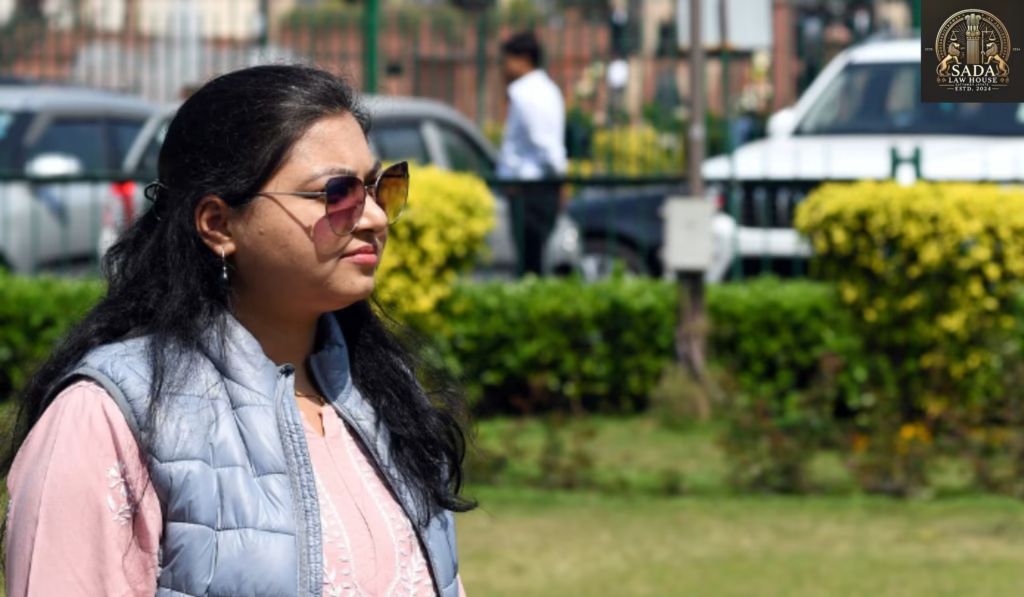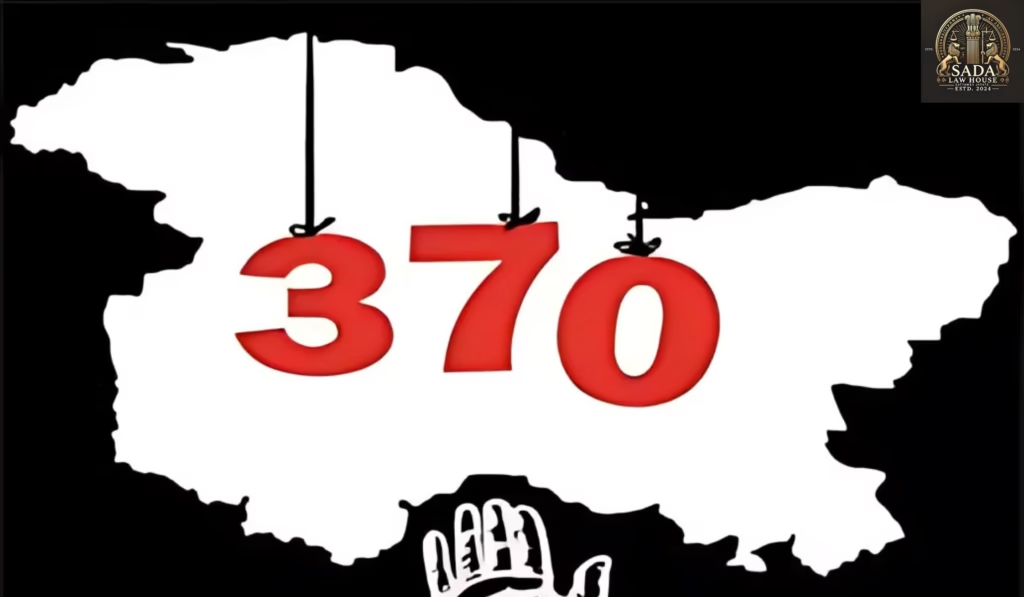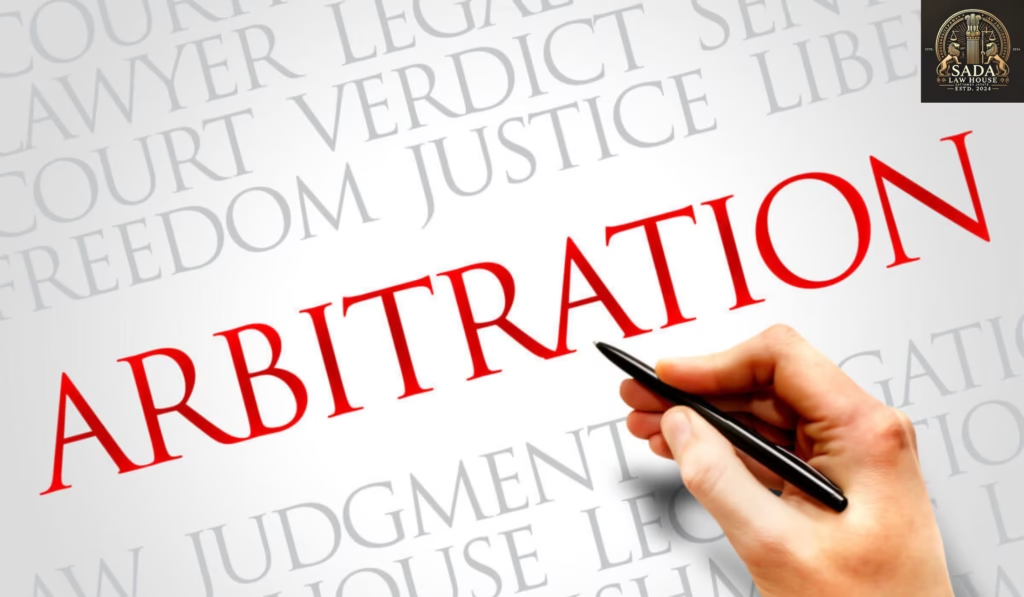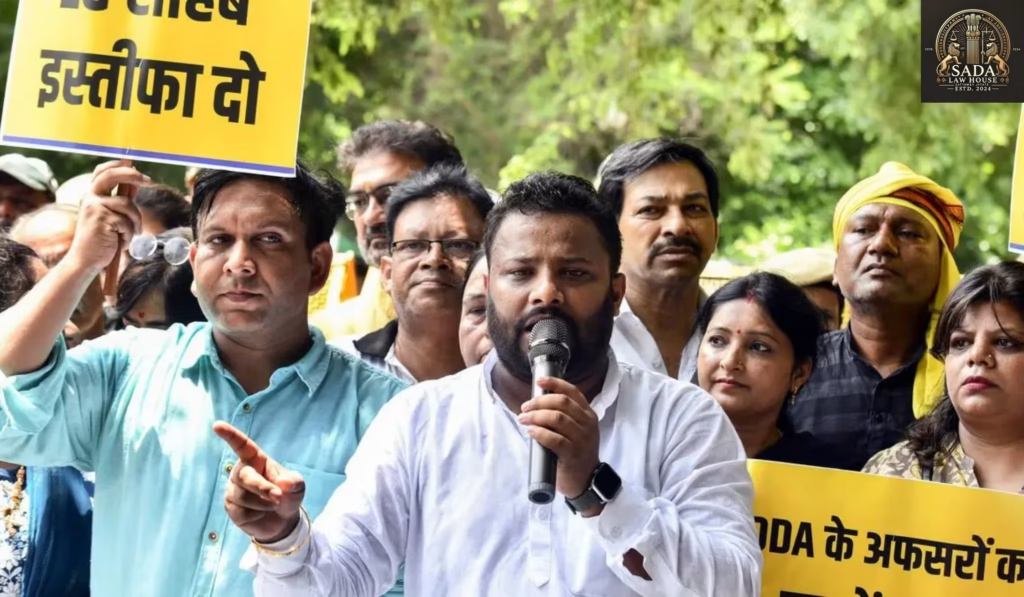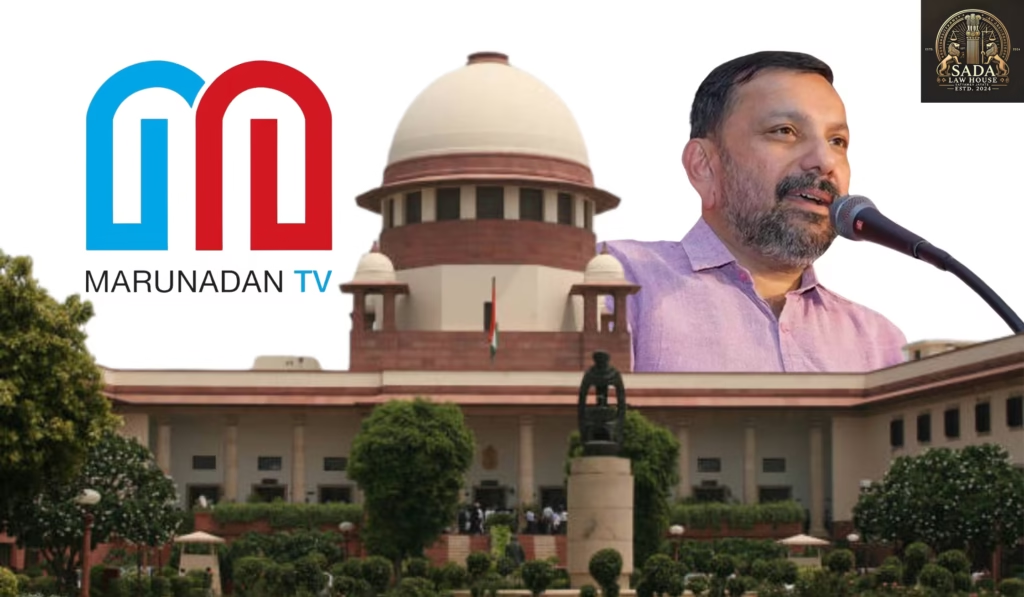WazirX Hack Explained: Legal Analysis and Cryptocurrency Security Lessons from India’s Biggest Crypto Breach
Trending Today Supreme Court Upholds Arrest Stay of BJP Minister Vijay Shah in Colonel Sofiya Qureshi Case, Ends MP High Court Proceedings Kerala High Court Grants Anticipatory Bail to Filmmaker Akhil Marar Over Alleged Seditious Remarks Supreme Court: No Blanket Ban on Witness Statement Disclosure Without Individual Threat Assessment Under UAPA WazirX Hack Explained: Legal Analysis and Cryptocurrency Security Lessons from India’s Biggest Crypto Breach LEGAL JOB OPPORTUNITY AT JURIDICA SOLUTIO LLP, DELHI JOB OPPORTUNITY AT JUNIOR ADVOCATE AT SAHALNA ASSOCIATE JOB OPPORTUNITY AT EVARA LEGAL LLP JOB OPPORTUNITY AT CHAMBERS OF ADITYA BHARAT MANUBARWALA JOB OPPORTUNITY AT CHAMBERS OF MS. SUPRIYA JUNEJA AND MR. ADITYA SINGLA Supreme Court Rejects Plea Against ₹229-Crore Gateway of India Jetty Project, Cites Ongoing Bombay HC Review WazirX Hack Explained: Legal Analysis and Cryptocurrency Security Lessons from India’s Biggest Crypto Breach NITU KUMARI 30 May 2025 Explore the WazirX hack of July 2024 that shook India’s crypto market. Understand how the breach happened, its legal implications, and key lessons on cryptocurrency security and digital asset protection. The WazirX Hack: A Wake-Up Call for India’s Crypto Ecosystem On July 18, 2024, a major security breach hit WazirX, India’s leading cryptocurrency exchange. Despite implementing robust protocols, over $230 million (INR 1900 crores) was stolen from one of its main trading wallets. This hack, one of the most significant in Indian crypto history, has sparked widespread concern about digital asset security and legal accountability. What Is Cryptocurrency? Cryptocurrency is a digital form of money used for online transactions. Unlike traditional currency, it is decentralized and operates without a central authority. Cryptocurrencies rely on blockchain technology to record transactions and create new units. Common Cryptocurrencies: Bitcoin (BTC): The most popular decentralized digital currency, launched in 2009. Ethereum (ETH): Known for its smart contracts and native token, Ether. Litecoin (LTC): Similar to Bitcoin, with faster transaction times. Stablecoins: Pegged to real-world assets like the US Dollar. Solana (SOL): Focuses on high-speed and low-cost transactions. Background: The Breach That Shook WazirX WazirX faced a $230 million crypto theft, prompting a petition before the National Company Law Tribunal (NCLT). The hackers gained access to an Ethereum Safe Multisig wallet, raising concerns about the effectiveness of existing security measures. How Did the Hack Happen? Modus Operandi of the Hackers The attackers exploited WazirX’s multi-signature wallet system, which required three WazirX and one Liminal signature for transaction approval. They: Created a fake WazirX account and deposited tokens. Emptied the hot wallet and accessed the cold wallet. Manipulated the smart contract controlling the multisig wallet. Gained full control and withdrew all assets. WazirX had declared roughly $500 million in digital reserves just a month prior, indicating a massive blow to investor confidence. Who Is WazirX? Founded in 2018 by Nischal Shetty, Siddharth Menon, and Sameer Mhatre, WazirX quickly became a top Indian crypto exchange. Known for its compliance-first approach and transparency reports, WazirX had built a reputation for being secure—until this breach. Timeline of the WazirX Hack Date of Breach: July 18, 2024 Assets Lost: ~$230 million Suspected Perpetrators: Lazarus Group, a North Korean hacking organization Affected Users: Over 240,000 wallets WazirX’s Response & Customer Backlash WazirX immediately froze all trading and withdrawals. However, the lack of clear updates and blame game between WazirX and Liminal led to user frustration. Many customers turned to X (formerly Twitter) to demand answers, express outrage, or seek legal help. Legal Pressure Builds CoinSwitch, another Indian exchange, revealed it had funds trapped on WazirX and is now pursuing legal action. Users demanded compensation, but WazirX CEO Nischal Shetty clarified he no longer owns the platform, having sold it in 2019. Who Was Behind the Attack? While there is no concrete proof, cybersecurity experts suspect the involvement of APT-28, also known as the Lazarus Group—a cybercrime ring linked to North Korea and known for large-scale crypto thefts. Forensic Investigation: What Went Wrong? Cybersecurity firm Mandiant conducted a forensic audit of the laptops used for signing transactions. Their report found no evidence of compromise. Still, questions remain about how the attacker bypassed the three WazirX signatures needed to approve transactions. What Could Have Prevented the Hack? Although the technical vulnerabilities aren’t fully known, experts suggest: Tighter access control to smart contracts Enhanced multi-factor authentication Regular third-party security audits Improved cold wallet management protocols Key Takeaways: Lessons from the WazirX Hack Crypto security needs continuous improvement, especially in developing markets like India. Transparency and timely communication are essential for maintaining user trust. There’s a growing need for regulatory oversight to protect digital assets and prevent future attacks. Final Thoughts The WazirX security breach is a critical moment for India’s crypto industry. It reveals the vulnerabilities of even well-regarded exchanges and emphasizes the urgent need for legal restructuring, secure infrastructure, and better industry collaboration. Cryptocurrency platforms must evolve to ensure the safety of user funds and regain investor confidence in a volatile digital asset environment. Leave a Reply Cancel Reply Logged in as Sadalaw. Edit your profile. Log out? Required fields are marked * Message* Case Laws WazirX Hack Explained: Legal Analysis and Cryptocurrency Security Lessons from India’s Biggest Crypto Breach WazirX Hack Explained: Legal Analysis and Cryptocurrency Security Lessons from India’s Biggest Crypto Breach Sadalaw • May 30, 2025 • Case law • No Comments State of West Bengal vs Union of India 2024: Supreme Court Judgment on CBI Jurisdiction and Consent Withdrawal under DSPE Act State of West Bengal vs Union of India 2024: Supreme Court Judgment on CBI Jurisdiction and Consent Withdrawal under DSPE Act Sada Law • May 27, 2025 • Case law • No Comments Supreme Court Rules Cheque Dishonour Is Not a Continuing Cause for Arbitration Under Section 138 NI Act Supreme Court Rules Cheque Dishonour Is Not a Continuing Cause for Arbitration Under Section 138 NI Act Sada Law • May 25, 2025 • Case law • No Comments 1 2 3 … 5 Next »


